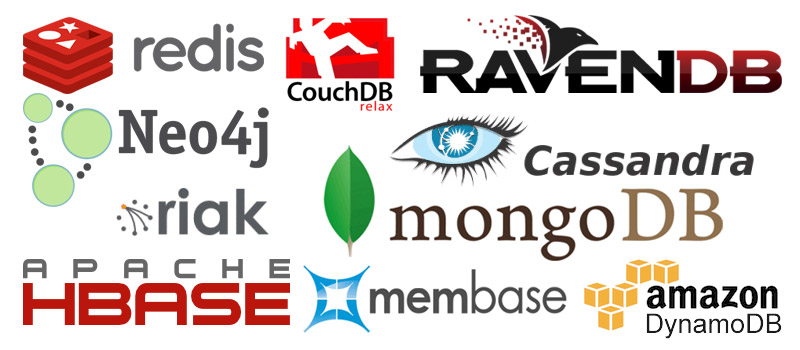Database systems are the mainstay of applications. Without databases, it would be extremely difficult to store data in an organised manner or extract it quickly and easily. However, over the last five years, there is a shift in the type of database systems that are being used. There is a steady increase in the number of users who are adopting NoSQL databases in favour of traditional relational databases. Why is it so? First of all, what are NoSQL databases and what are relational databases? Over the course of this ‘Say NO to SQL series’, you will have all the answers. Continue reading “Say NO to SQL: Part 1”
Month: November 2016
Why the web world is rapidly adopting NodeJS
When it comes to web server software, we hear several names. J2EE (based on Java), Ruby on Rails (based on Ruby), .NET, LAMP (based on PHP) and Django (based on Python) are some of the most popular names on the list. However, in the last 5-6 years, another name has been growing in popularity rapidly. That’s NodeJS.
Based on JavaScript, NodeJS has approached the problem of serving requests on the world wide web from a new angle and helped companies set up their servers such that they are highly responsive, but consume extremely low memory. Hardware and maintenance costs have come down rapidly for NodeJS adopters, most of which are startups in their toddling phase.
If you are new to web technology, the concept of why NodeJS is a gamechanger might be lost on you. And if you are from the world of Java or .NET, it will take some time to think of solutions in the NodeJS way. That is why for this article, I got hold of NodeJS ‘herself’ for an interview. Since a lot of my work for my clients are taken care of by NodeJS, I know ‘her’ personally and ‘she’ was happy to sit down with me for a discussion on why ‘she’ is set to take on a lion’s share of the web. Continue reading “Why the web world is rapidly adopting NodeJS”

